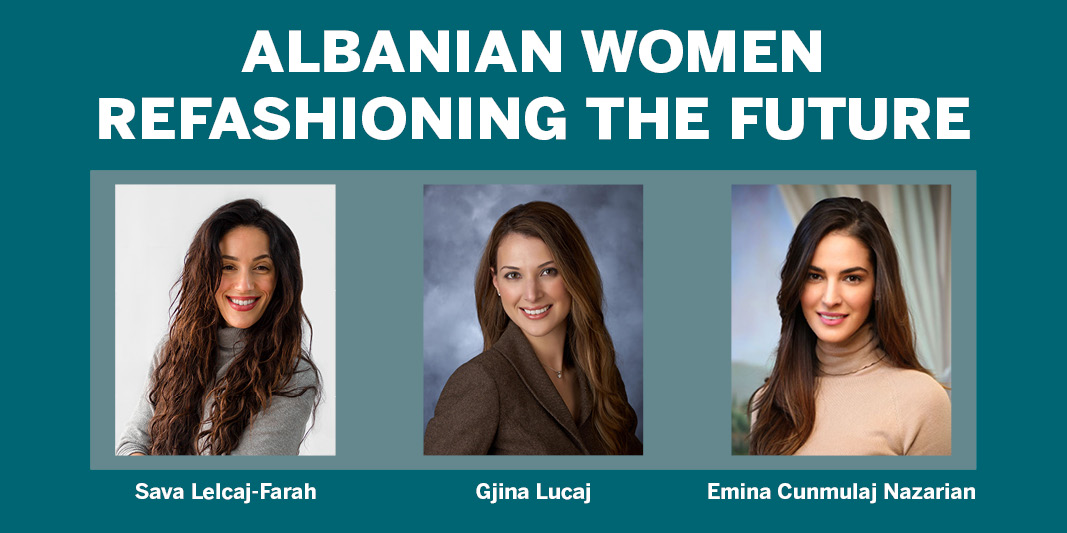Economy of Albania
Religion in Albania
The educational 12 months is apportioned into two semesters beginning in September or October and ending in June or July. The use of the Albanian language serves as the primary language of instruction in all academic institutions across the nation. The transition from a socialist planned financial system to a capitalist combined economic system in Albania has been largely successful.
For more historic and geographical causes than particularly linguistic ones, there are various fashionable historians and linguists who imagine that the Albanian language may have descended from a southern Illyrian dialect spoken in a lot the same area in classical instances. Alternative hypotheses maintain albanian women that Albanian may have descended from Thracian or Daco-Moesian, different historic languages spoken farther east than Illyrian.Not sufficient is known of those languages to completely prove or disprove the assorted hypotheses.
To date, access is unavailable to the Turkish Foreign Ministry archive relating to this issue and as such the whole numbers of Albanians arriving to Turkey through the interwar period are difficult to determine. Tirana was additionally concerned concerning the pressured elimination of Muslim Albanians through the inhabitants exchange with Greece who had arrived to Turkey and had been dwelling in troublesome financial circumstances to be permitted migration to Albania in the event that they so wished. Granted that right for Albanians from Chameria, the arrangement additionally lined Albanians arriving from Yugoslavia to Turkey the choice of migrating to Albania. For example, some Albanians that fled from Debar to Turkey migrated to Albania and its capital city Tiranë the place they became an necessary phase of the city population through the 1920s. Turkish officers corresponding to Nur expressed their displeasure that Albanians had arrived as Turks contravening the exchange agreement and that they had been resettled in areas similar to Kartal, Pendik and Erenköy, west of İzmit thought of to be high quality lands and in Ankara.
Albania (Balkans)

Descendants from these Albanians form the most important portion of the Albanian neighborhood in Turkey. The Albanian diaspora in Turkey was fashioned during the Ottoman period and early years of the Turkish republic via migration for financial causes and later sociopolitical circumstances of discrimination and violence experienced by Albanians in Balkan international locations. One of the earliest concentrations of Albanians date to 1468 when Sultan Mehmed the Conqueror introduced Albanians and put in them within the districts of Istanbul where they founded Arnavutköy, a place named after them which means Albanian village.
Geography has performed a large part in that survival; for the mountains of Montenegro and northern Albania have supplied the virtually impenetrable home base of the Illyrian-speaking peoples. They were probably the primary occupants, other than nomadic hunters, of the Accursed Mountains and their fellow peaks, they usually maintained their independence when migrants such because the Slavs occupied the extra fertile lowlands and the highland basins. Their language may lack the cultural qualities of Greek, however it has equaled it in its power to outlive and it too is adapting itself underneath the identify of Albanian to the conditions of the modern world. There is an absence of clear archaeological proof for a continuous settlement of an Albanian-speaking inhabitants since Illyrian times.
Germans began to occupy the nation in September 1943 and subsequently announced that they’d acknowledge the independence of a impartial Albania and set about organizing a brand new authorities, military and legislation enforcement. Balli Kombëtar, which had fought in opposition to Italy, formed a impartial authorities and side by side with the Germans fought towards the communist-led National Liberation Movement of Albania. Following the top of the federal government of Fan Noli, the parliament adopted a new constitution and proclaimed the nation as a parliamentary republic by which King Zog I of Albania (Ahmet Muhtar Zogu) served as the top of state for a seven-yr time period. Immediately after, Tirana was endorsed officially as the country’s permanent capital. In November 1913, the Albanian pro-Ottoman forces had offered the throne of Albania to the Ottoman struggle Minister of Albanian origin, Ahmed Izzet Pasha.

In different languages
In the late 19th century there was a flourishing Rufai community around Gjakova, in Kosovo, which helped spread the sect in numerous components of Albania. During the early years of the 20th century some Rufai tekkes grew to become Bektashi. At the same time, in the identical interval the order spread to Tropoja, Tirana, Petrela and parts of Southern Albania.
Economy of Albania
They have preserved the language, regardless of the lack of training in that language. The Caucasian Albanian translation of the Bible relies predominantly on Old Armenian translations, but it deviates from the identified Armenian text in a number of locations, suggesting that the unique Greek and presumably Georgian and Syriac translations have been also used as supply texts. In 1996, Zaza Aleksidze of the Centre of Manuscripts in Tbilisi, Georgia, discovered a palimpsest at Saint Catherine’s Monastery on Mount Sinai, Egypt, with an unknown script. He went on to identify the alphabet as Caucasian Albanian, and to establish the manuscript as an early Christian lectionary from in regards to the 5th or 6th century.
Albanian id in Turkey was given prominent focus in 2013 when Hakan Şükür, a former soccer participant turned politician declared «I am Albanian, as such i am not a Turk» while giving a university speech which caused media controversy and heated public discussions about Turkish identification. Albanians form a significant inhabitants group in Turkey and have contributed to Turkish society and the state with many merchants, military officers, labourers, officials, educators and intellectuals. The Turkish army has traditionally viewed Albanian id in Turkey as a sub-ethnic identification alongside others forming a part of the larger state-centric Turkish identification and that debates about primary versus sub-identities would undermine (Turkish) national identity.
Every cultural and geographical region of Albania has its personal specific variety of costume that change in style, material, color, shape, detail, and form. Presently, nationwide costumes are most often worn during special occasions and celebrations, largely at ethnic festivals, non secular holidays, weddings, and by performing dance groups. Some elderly individuals proceed to put on conventional clothes of their daily lives.




